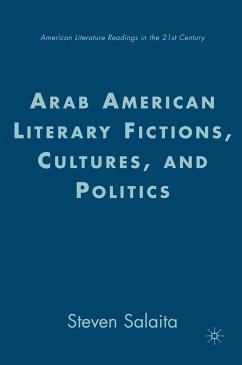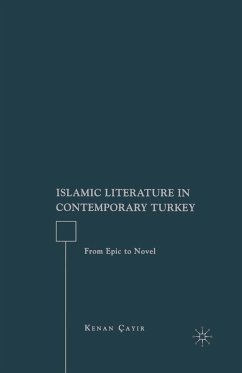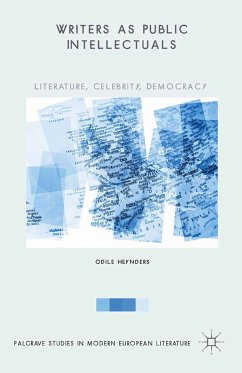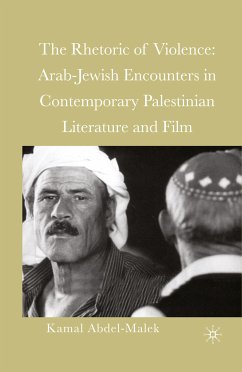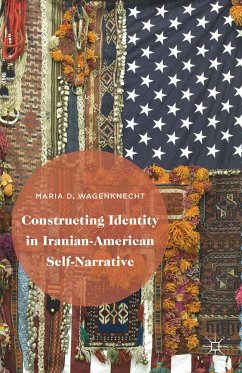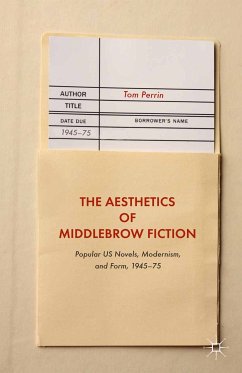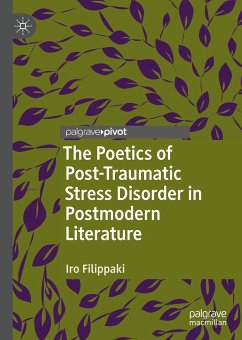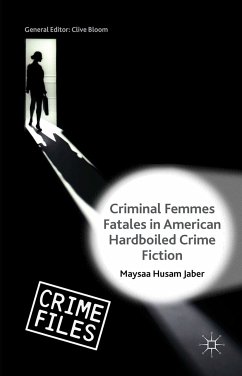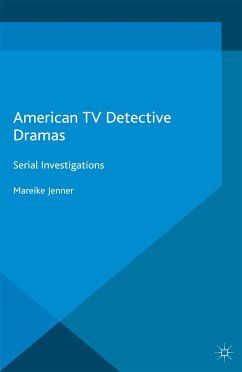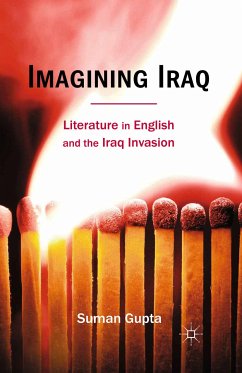
The Lebanese Post-Civil War Novel (eBook, PDF)
Memory, Trauma, and Capital
Versandkostenfrei!
Sofort per Download lieferbar
40,95 €
inkl. MwSt.
Weitere Ausgaben:

PAYBACK Punkte
20 °P sammeln!
After the Lebanese Civil War, many Lebanese novelists committed themselves to building a "memory for the future." What resulted was a vital contribution to the legacy of contemporary Arabic literature. Through interviews, literary analysis, and the lens of trauma studies, Lang sheds light on what it means to remember through post-war literature.
Dieser Download kann aus rechtlichen Gründen nur mit Rechnungsadresse in A, B, BG, CY, CZ, D, DK, EW, E, FIN, F, GR, HR, H, IRL, I, LT, L, LR, M, NL, PL, P, R, S, SLO, SK ausgeliefert werden.



